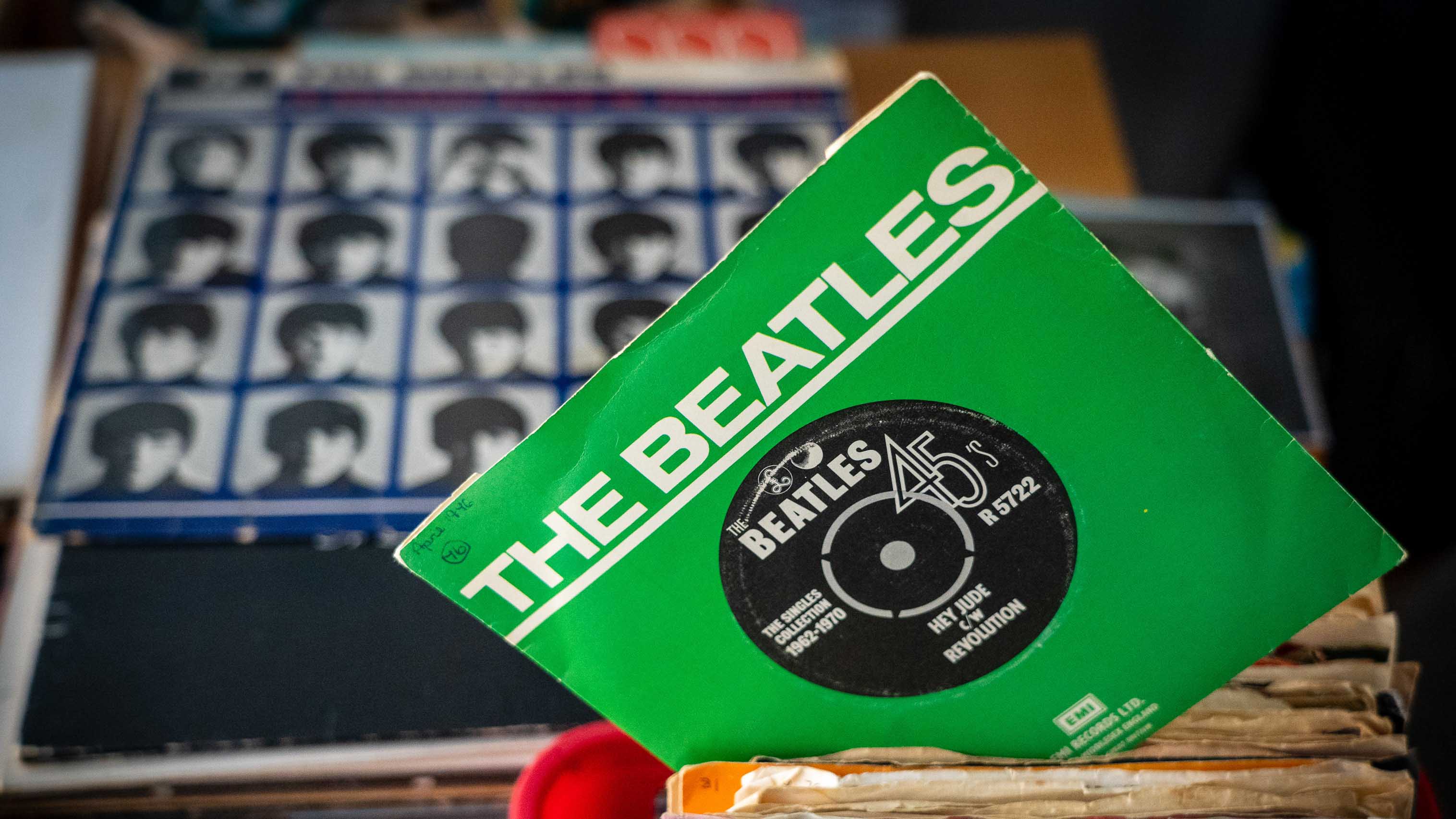The unsung contribution that songwriters make to some of the biggest hits by global superstars is the focus of a new project involving academics from the University of Huddersfield, and partners from Birmingham City University and the University of Lüneburg in Germany.
The three-year project, Songwriting Camps in the 21st Century, is being led by the University's Dr Jan Herbst, a Reader in Music Production, and has been joint-funded with grants of £350,000 and 350,000 euro from the Arts and Humanities Research Council (AHRC) and the German Research Foundation (DFG).
Huddersfield will be working closely with partners Professor Michael Ahlers, from the University of Lüneburg, and Birmingham City's Dr Simon Barber, who co-hosts the popular songwriting podcast Sodajerker.
Camps see songwriters exchange ideas and collaborate
Yet to be thoroughly researched, camps see songwriters join with other figures from the music industry, including producers and engineers, to exchange ideas and create new music. Some of the ideas can lead to songwriters linking up with some of the world's biggest acts, but fledgling songwriters do not always receive the co-writing credits that established names do.
 Songwriters like Lennon and McCartney still cast a giant shadow decades after they first appeared on the music scene, but today's big acts sometimes hire in outside help while appearing to take sole credit. Photo by Nick Fewings on Unsplash
Songwriters like Lennon and McCartney still cast a giant shadow decades after they first appeared on the music scene, but today's big acts sometimes hire in outside help while appearing to take sole credit. Photo by Nick Fewings on Unsplash Songwriting teams like Leiber and Stoller, Goffin and King, and Lennon and McCartney were dominant forces in pop music's early days, but the emphasis is now firmly on star names fronting the hits such as Katy Perry, Taylor Swift and Beyoncé. These kinds of stars write many of their own songs, but the fact that some of the help they receive is sometimes unheralded has led to Dr Herbst and his partners looking into how songwriting camps in the UK and Germany work on creative, business and collaborative levels.
Historically we know a lot about Tin Pan Alley, the Brill Building, Leiber and Stoller, Lennon and McCartney, real teams that wrote together almost in factory-like environments
Dr Jan Herbst, Reader in Music Production
"Motown was another productive environment in the US in the 1960s, the UK had Stock, Aitken and Waterman when they were at their peak in the late 1980s. But we don't know a lot about the people who write the songs today."
Part of the challenge facing songwriters is that their creations will be part of creating or maintaining a certain 'sound' associated with a band or singer.
"There are a lot of myths and assumptions about some singers, that they just outsource all of their songwriting" Dr Herbst adds. "Katy Perry, Taylor Swift and Beyoncé do write songs, but sometimes they can have many collaborators. Audiences get assumptions about how particular pop stars work, and it starts to influence a lot of media coverage about talent and value.
How a songwriting camp in Berlin functioned during lockdown
Dr Herbst adds, "There have been phases, like the songwriting team era of Leiber and Stoller and others in the 1950s when professionals wrote for the likes of Elvis Presley. Then, in the 1960s, the Beatles started the movement of bands that had great songwriters within them, giving the notion of authenticity.
Emphasis is on helping to create an act's 'sound'
"More recently there has been the move back to professional songwriters and producers like Herbie Crichlow and Max Martin for acts like the Backstreet Boys. Now there is the roster of name upon name behind the kind of singer-songwriter who has an image of authenticity, but who actually collaborates with other songwriters and producers to produce their 'sound'."
The camps are two to five-day meetings, sometimes held in remote locations to foster collaboration but without distractions. Initial research has suggested that UK camps tend to have more emphasis on developing and encouraging songwriters, while camps in Germany mainly reflect a desire to focus on producing commercial material targeted at specific markets, although UK camps are becoming increasingly commercial-focused.
"We aim for a holistic overview of the phenomenon," says Dr Herbst. "We want the views of all stakeholders from the publishers to the record labels to songwriters, looking at the creative, legal, financial aspects. We are looking at it from all different perspectives to understand it.
"Songwriting is a profession that has hardly been covered in literature. It is precarious, and it is easy to exploit songwriters. Artists who write with them are empowered, because they can pay the songwriter a one-off fee or pay them very low royalty rates.
And to keep the impression of authenticity, there cannot be any outside contributors, and so songwriters can be bought out rather than appear in the credits.
"There are legal and copyright issues at play, and the record labels and publishing companies also come into it with their own interests. It can become complicated, and it has implications for how songwriters are evaluated or invited to work with others.
"We want to assess diversity among songwriters, is it promoted at all? We'd assume that higher diversity contributes to creativity, but there might be reasons that prevent this."






